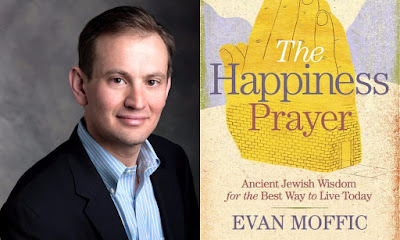 |
| More Sunday Salon posts are on Facebook. |
Fiction
Journeys Through Time and Space: Five Classic Novels of Science Fiction and Fantasy ~ ed. by Greg Bear is sold as a single "book," but it actually has FIVE full novels in the Kindle edition, which Greg Bear calls "this bundle" of books. That's how I'm counting them, as five novels rather than one.
1. A Connecticut Yankee in King Arthur's Court ~ by Mark Twain, 1889
2. The Time Machine ~ by H. G. Wells, 1895
3. A Princess of Mars ~ by Edgar Rice Burroughs, 1912
4. A Voyage to Arcturus ~ by David Lindsay, 1920
5. The Worm Ouroboros ~ by E. R. Eddison, 1922
More Fiction
6. Manalive ~ by G. K. Chesterton, 1912
7. Ilsa ~ by Madeleine L'Engle, 1946
8. Youth ~ by Isaac Asimov, 1952
9. A Reckoning ~ by May Sarton, 1978
10. Crescent in the Sky ~ by Donald Moffitt, 1989
11. Love Begins in Winter: Five Stories ~ by Simon Van Booy, 2009
12. Letters from Skye ~ by Jessica Brockmole, 2013
13. We Are All Made of Stars ~ by Rowan Coleman, 2015
14. The Bookshop on the Corner ~ by Jenny Colgan, 2016
15. The Daughter ~ by Lucy Dawson, 2017
Nonfiction
16. Psychoanalysis and Zen Buddhism ~ by Erich Fromm, 1960
17. In the Beginning: Science Faces God in the Book of Genesis ~ by Isaac Asimov, 1981
18. The Dream of God: A Call to Return ~ by Verna J. Dozier, 1991
19. God's Problem: How the Bible Fails to Answer Our Most Important Question ― Why We Suffer ~ by Bart D. Ehrman, 2008
20. Forged: Writing in the Name of God ~ by Bart D. Ehrman, 2011
21. What Every Christian Needs to Know about the Jewishness of Jesus: A New Way of Seeing the Most Influential Rabbi in History ~ by Rabbi Evan Moffic, 2015
22. Jesus Before the Gospels: How the Earliest Christians Remembered, Changed, and Invented Their Stories of the Savior ~ by Bart D. Ehrman, 2016
23. The Happiness Prayer ~ by Evan Moffic, 2017
Doing the math
I bought 23 books in only 40 days ― actually that's 23 books on Kindle plus 26 books from the book fair for a total of 49 books (23+26=49). Yes, I realize that's more than a book a day, average. Er, ah, that includes today (I mean tonight), when I downloaded Letters from Skye, the middle book pictured above. Yes, I confess that I bought it while I was writing this post. Yes, I hid it in the middle by listing the books chronologically in each section.
















































